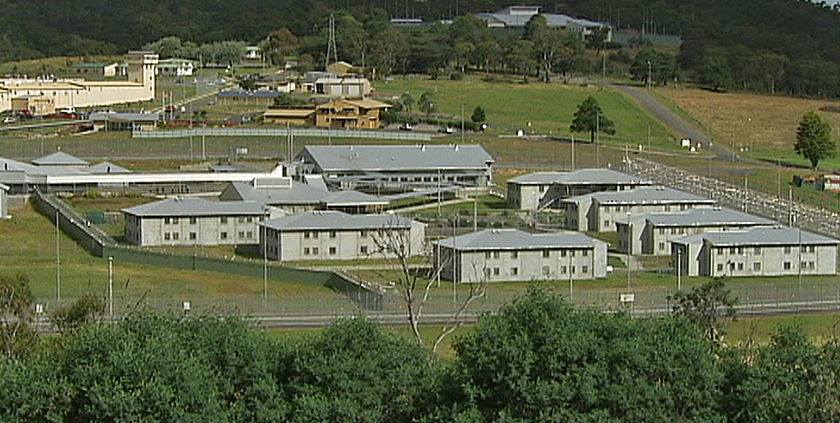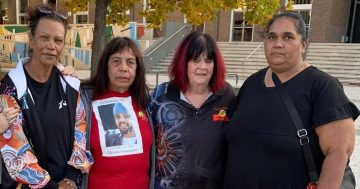
Coroner Webster said more resourcing of mental health services in the prison may have prevented Mr Gerard’s death. Photo: Facebook/Tasmania Prison Service Exposed.
Following the fifth death of an inmate at a maximum security facility in the last decade, a Tasmanian coroner has recommended an urgent review of the prison system’s mental health services.
Coroner Robert Webster held an inquest into the death of Robert Harold Gerard on 23 May 2022, as required under the Coroners Act 1995.
In his report, the coroner said Mr Gerard hanged himself with a shoelace in the bathroom of a medium security precinct within the Risdon Prison complex. Mr Gerard was on remand for an alleged murder and wounding, later found to be due to the symptoms of his undiagnosed paranoid schizophrenia.
While the coroner said Mr Gerard’s medical treatment and care was reasonable throughout his 16 months in custody, he believes resourcing issues of prisoner mental health services ultimately led to his death.
The coroner cited the inmate’s mention of a method of suicide to a risk intervention team in March 2022, along with the fact that he missed a psychiatric assessment one month before his death as the only permanent psychiatrist in the prison was on leave.
Statewide deputy specialty director for Forensic Mental Health Dr Rajan Darjee told the inquest that Tasmania’s level of resources in the prison mental health service is the lowest he has come across “in any developed country”.
Dr Darjee understood that two reviews had looked at the resourcing of mental health services and recommended that between 12 and 15 mental health staff be available in the prison.
However, at the time of Mr Gerard’s death, he said 80 to 90 patients within the prison had to be reviewed by the mental health team comprising only one psychiatrist and two nurses.
One review was conducted by an external consultant in 2017; the other was a prison task force review in 2019.
On behalf of the inmate’s parents, Greg Barns SC told the coroner that their son “is a victim of a grossly inadequate mental health care system in the Tasmanian Prison System (TPS)”.
Mr Barns recommended that a panel of experts be immediately appointed to review the current provision of mental health care services in the TPS, who can advise what is required for it to meet international and national correctional healthcare standards.
The coroner agreed with this demand and recommended an urgent review be conducted, along with two other points for improvement.
“While I accept it is difficult to remove all hanging points from the prison because of the age of the infrastructure and perhaps the significant cost, the medium security precinct was commissioned in 2006, some 17 years after the findings of the Royal Commission into Aboriginal Deaths in Custody were handed down,” the coroner said in his report.
“I recommend TPS continue to develop and implement plans to remove all, or as many as are reasonably possible, hanging points in the accommodation and communal living areas of the medium precinct of RPC.”
He also recommended that slip-on footwear replace all footwear with laces for all inmates within the TPS and that all staff be issued with a ‘fish knife’ so there isn’t another delay in cutting down an inmate.
If this story has raised any concerns, Lifeline Australia, the national 24-hour crisis support and suicide prevention counselling line, can be contacted on 13 11 14. Help and support are also available through Tasmania’s Access Mental Health — Helpline on 1800 332 388. In an emergency, call Triple Zero.




